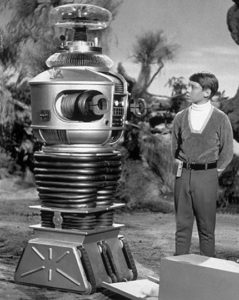3 minutes

Yesterday I attended an informative and fascinating talk by Kaila Colbin, a Curator at SingalarityU about how technology is impacting and likely to impact society. The talk was facilitated by law firm, Anthony Harper.
She talked about how advances in technology were growing exponentially and that, the way humans are wired, makes us prone to underestimating the pace of change.
Advances in Artificial Intelligence (AI) meant that sentience wasn’t that far away.
Go is a board game that is much more complex than chess. Only a year ago, an AI program beat the world’s best human Go champion 4-1. A year later its successor has beaten the old program.
Already robots were turning out to be more economical than human labour resulting in mass lay-offs.
It’s clear, AI enabled technology can conceivably replace humans. Disturbing.
The societal questions these raise are fundamental. What will humans do instead? Can we trust AI-enabled tech to do the right thing?
At the talk, Geoff Cranko of Strategy Creative asked about what advances had their been in adapting law to meet these new technological challenges.
I found his question thought provoking, particularly in respect of Artificial Intelligence.
Law is just an expression of ethics and so it is developments in our ethical thinking in respect of AI that needs to progress. Then all we need do is bake this ethical system into the AI.
Azimov’s Three Laws of Robotics is one step in this journey of ethical development. On the other hand, as AI fast approaches sentience, perhaps we need not re-invent anything: the 10 Commandments might prove to be timeless, after all.
